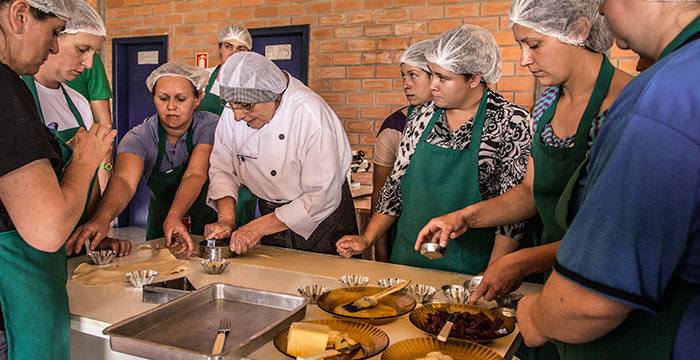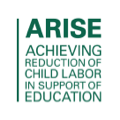Income-generating activities
Creating new opportunities
The ARISE Income-Generating Program creates options for families to increase their income. It gives them access to improved skills and technologies, and enables them to pay for adult workers rather than using child labor.
In most communities where ARISE operates, the traditional role of women on family tobacco farms is to raise children, work in the field and care for the home. The Income-Generating Program (IGP) activities offer an alternative and have generated considerable enthusiasm among women in the local communities where ARISE operates.
In Brazil ARISE helps mothers by promoting income-generating activities, such as training in baking and cooking. The women also receive business enterprise training and a capital investment to help them use their new skills to start a business. In Malawi there has been a focus on the formation and management of savings clubs. The results of the program show that many women are transforming their lives, and their successes also serve as an incentive for other women to train and start their own businesses.
Farmers in targeted communities are also provided with training in business enterprise, health and safety, financial literacy, management of rural property, and crop rotation. This important aspect of our work creates an opportunity to improve the livelihoods of households, entrepreneurship and access to credit.
ARISE also promotes income-generating activities among youth of legal working age through the Model Farm Schools and vocational skills training.

Mothers sell goods at Expotigre
Mothers trained in baking and small business management by ARISE sold goods at Expotigre 2013, Brazil.




